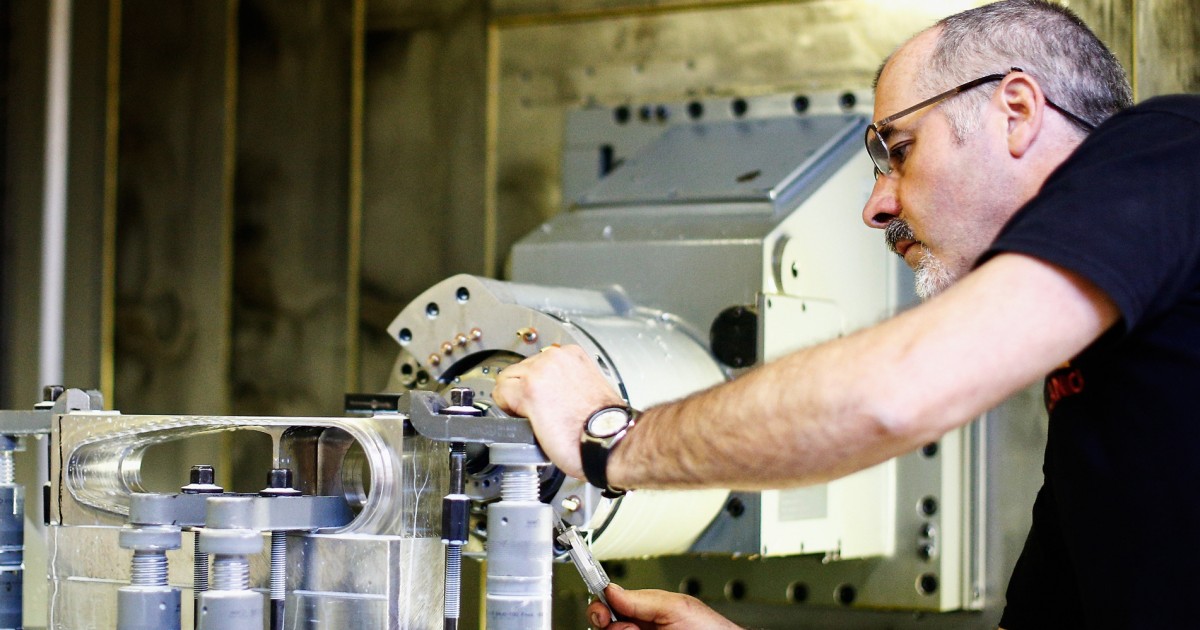
Atmospheric Drag
Atmospheric drag is the force exerted on a spacecraft or satellite as it moves through the Earth's atmosphere. This force is caused by the friction between the object and the air molecules in the atmosphere. The amount of atmospheric drag depends on the object's velocity, altitude, and the density of the atmosphere. As a spacecraft or satellite moves through the atmosphere, it loses energy due to atmospheric drag, which can cause it to slow down and eventually re-enter the Earth's atmosphere. This can be a significant challenge for spacecraft and satellites in low Earth orbit, as they must constantly adjust their altitude to compensate for atmospheric drag and maintain their orbit.
Your Previous Searches
Random Picks
- Satellite Technology: Satellite technology refers to the design, development, and deployment of artificial satellites for various purposes such as communication, navigation, remote sensing, and scientific research. It involves the use of advanced technologies su ... Read More >>
- Spacecraft Construction: Spacecraft construction is the process of designing, building, and testing vehicles that are capable of operating in the harsh environment of space. This involves the integration of various subsystems such as propulsion, power, thermal cont ... Read More >>
- Neutrinos: Neutrinos are subatomic particles that are electrically neutral, have very little mass, and interact only through the weak subatomic force and gravity. They are produced by nuclear reactions such as those that occur in the Sun, in nuclear r ... Read More >>
Top News

Scientists release plans for an even bigger atom smasher to address the mysterie...
GENEVA — Top minds at the world’s largest atom smasher have released a blueprint for a much bigger successor that could vastly improve research into the remaining enigmas of physics....
News Source: NBC News on 2025-04-01

Scientists release plans for even bigger atom smasher along the French-Swiss bor...
Scientists at the world’s largest atom smasher have released a blueprint for a much bigger successor that could help solve enigmas of physics, starting in the mid-2040s at a cost of about $16 billio...
News Source: ABC News on 2025-04-01

The 'Blaze Star' hasn't exploded yet, but it could soon...
T Coronae Borealis has an outburst every 79 to 80 years, according to NASA....
News Source: ABC News on 2025-03-28
I visited the sprawling 'metroburb' where 'Severance' is filmed. It's a 2 millio...
Bell Works, the real office complex that doubles as Lumon on "Severance," is redefining what an office can be....
News Source: Business Insider on 2025-03-28

We've spotted auroras on Neptune for the first time...
After 34 years of searching, astronomers have finally confirmed Neptune has auroras, thanks to data from the James Webb Space Telescope...
News Source: New Scientist on 2025-03-27